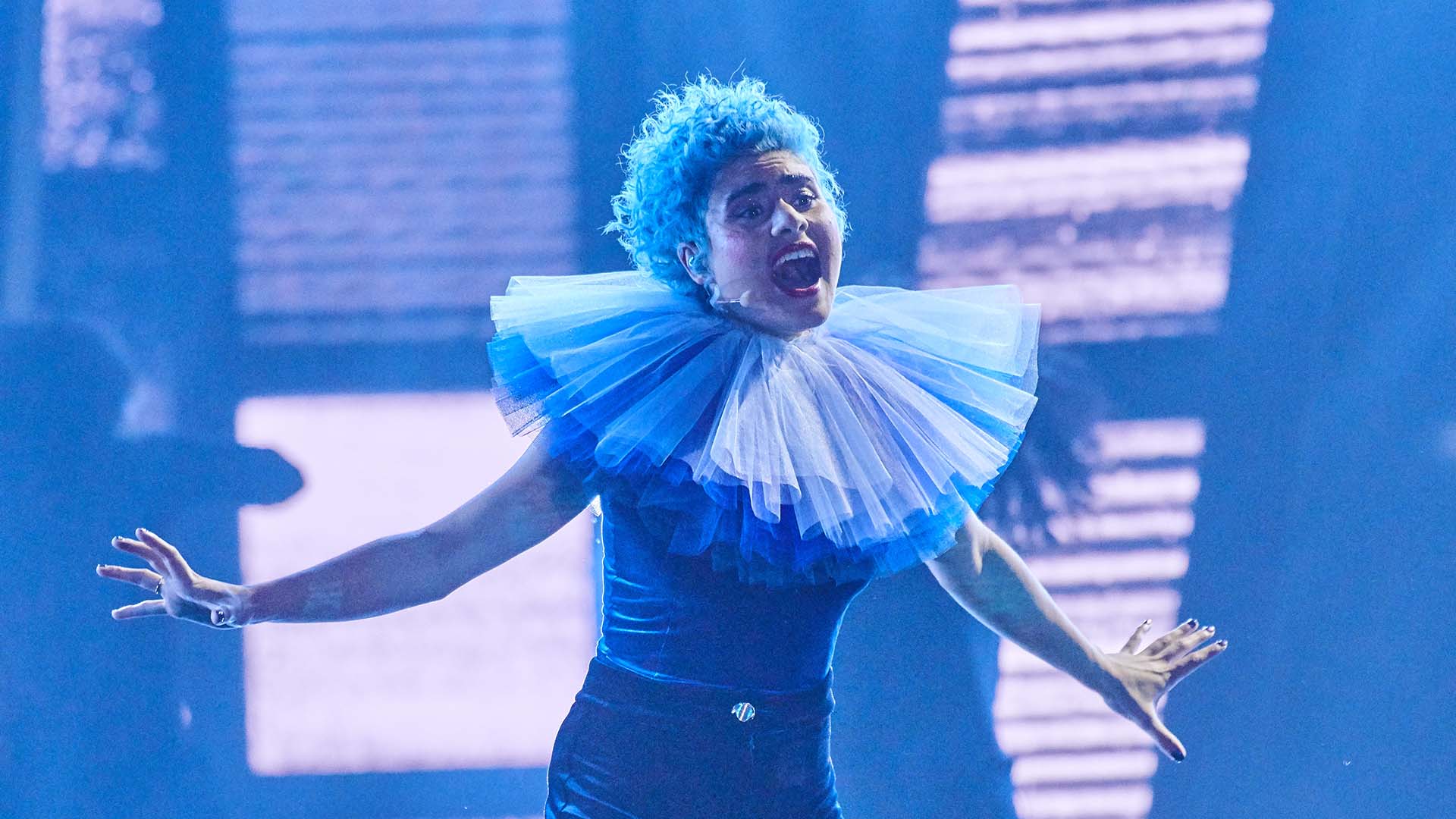This Year's Eurovision Song Contest Has Been Cancelled
It's the first time the song contest won't go ahead in the event's six-decade history.
It started back in 1956 as a singing contest between a mere seven nations. Now, more than six decades later, Eurovision is a glitter and spandex-fuelled global musical phenomenon. Forty-one countries not only in Europe but from elsewhere compete — hello Australia — and viewers tune in en masse each May to watch, sing along and add new pop tunes to their playlists. But with COVID-19 continuing to spread, the show won't go on in 2020.
Due to take place in Rotterdam, this year's Eurovision Song Contest won't be delayed or rescheduled — it has completely been cancelled. In a statement, the European Broadcasting Union explained that it had explored other alternatives, such as postponing, staging it remotely and running it without an audience, but there was no other viable option. "The uncertainty created by the spread of COVID-19 throughout Europe — and the restrictions put in place by the governments of the participating broadcasters and the Dutch authorities — means the EBU has taken the difficult decision to not continue with the live event as planned," it announced.
With big event cancellations and postponements coming through with frequency at the moment — including SXSW, Coachella, Dark Mofo, Melbourne International Comedy Festival, Vivid Sydney and Glastonbury, to name a few — scrapping Eurovision 2020 is hardly surprising. It'll still come as a disappointment to fans, however, especially given the contest would've been perfect self-isolating viewing material. And, it's obviously disappointing for the artists already selected by their countries to try to sing their way to glory, such as Aussie talent Montaigne.
While the EBU is still working through the ramifications of cancelling this year's Eurovision, it is in discussions with the City of Rotterdam about hosting the event next year. The Netherlands earned the right to stage Eurovision 2020 when Dutch singer-songwriter Duncan Laurence won the 2019 contest with the song 'Arcade' — as is Eurovision tradition, each year's winning country hosts the next year's event.
Also under discussion is whether this year's selected artists can perform when the contest returns in 2021 and, if so, whether they can sing their 2020 songs.
The 2020 Eurovision Song Contest will no longer be held in May 2020, or at all in 2020.
To find out more about the status of COVID-19 in Australia and how to protect yourself, head to the Australian Government Department of Health's website.





